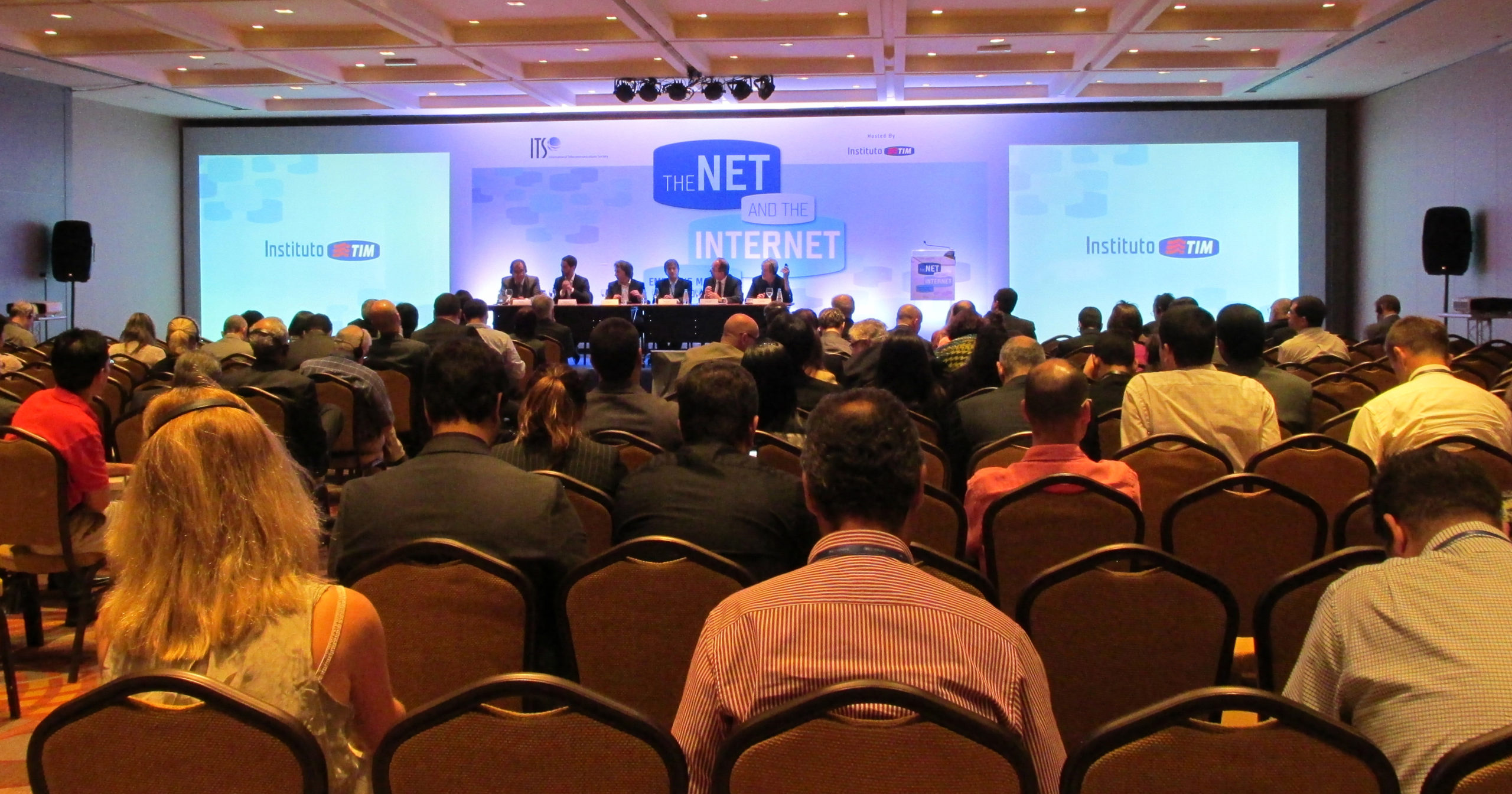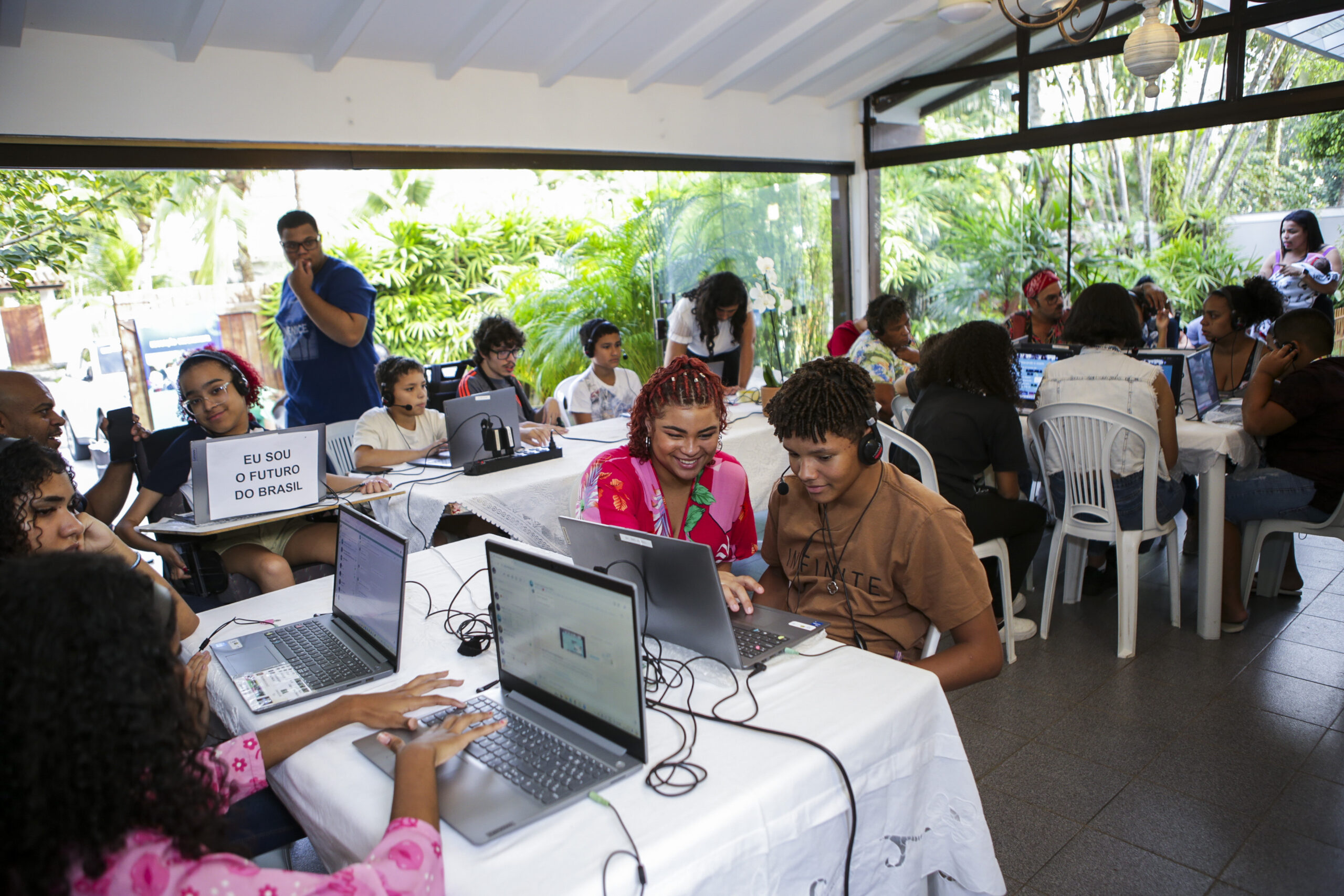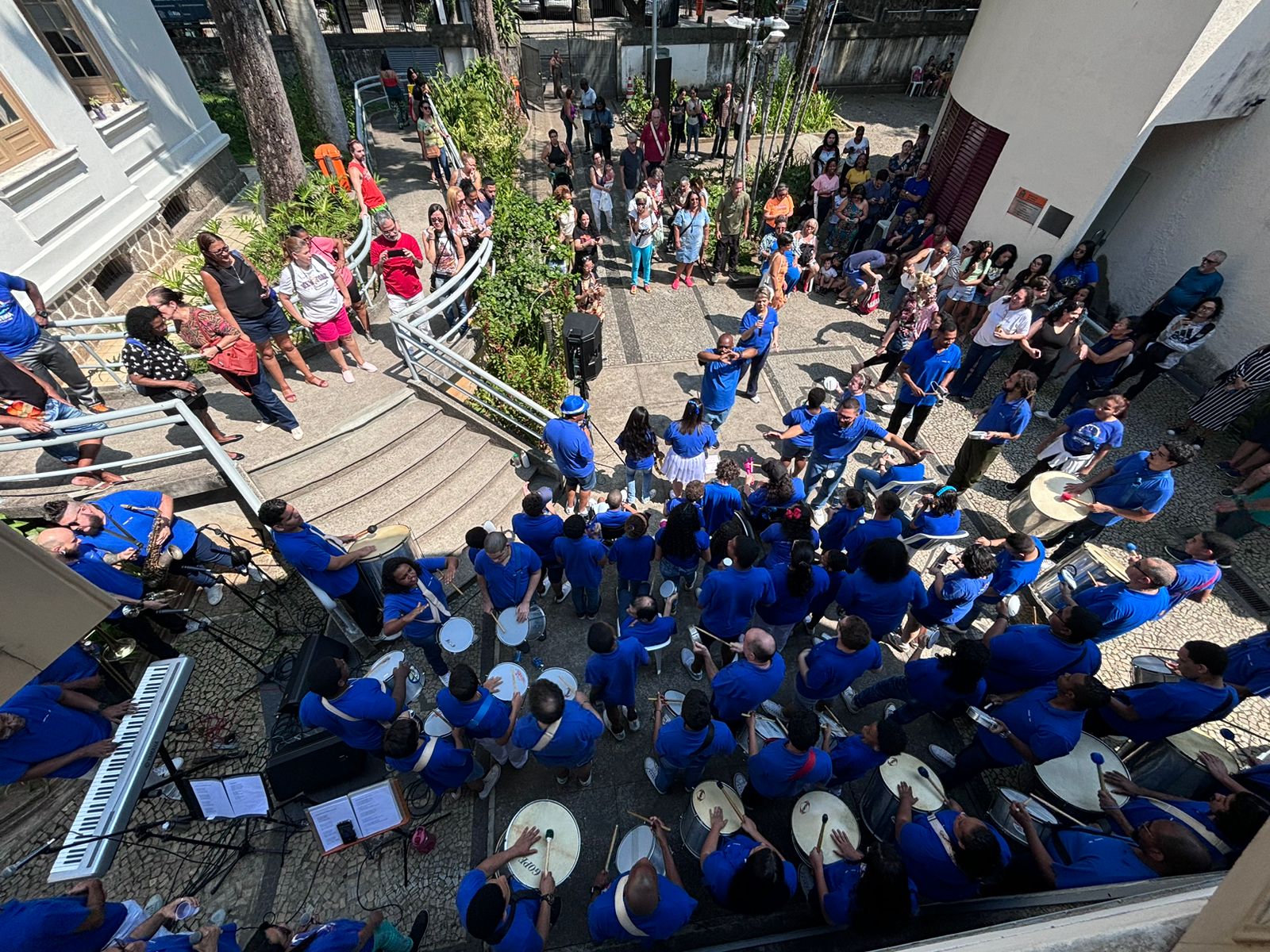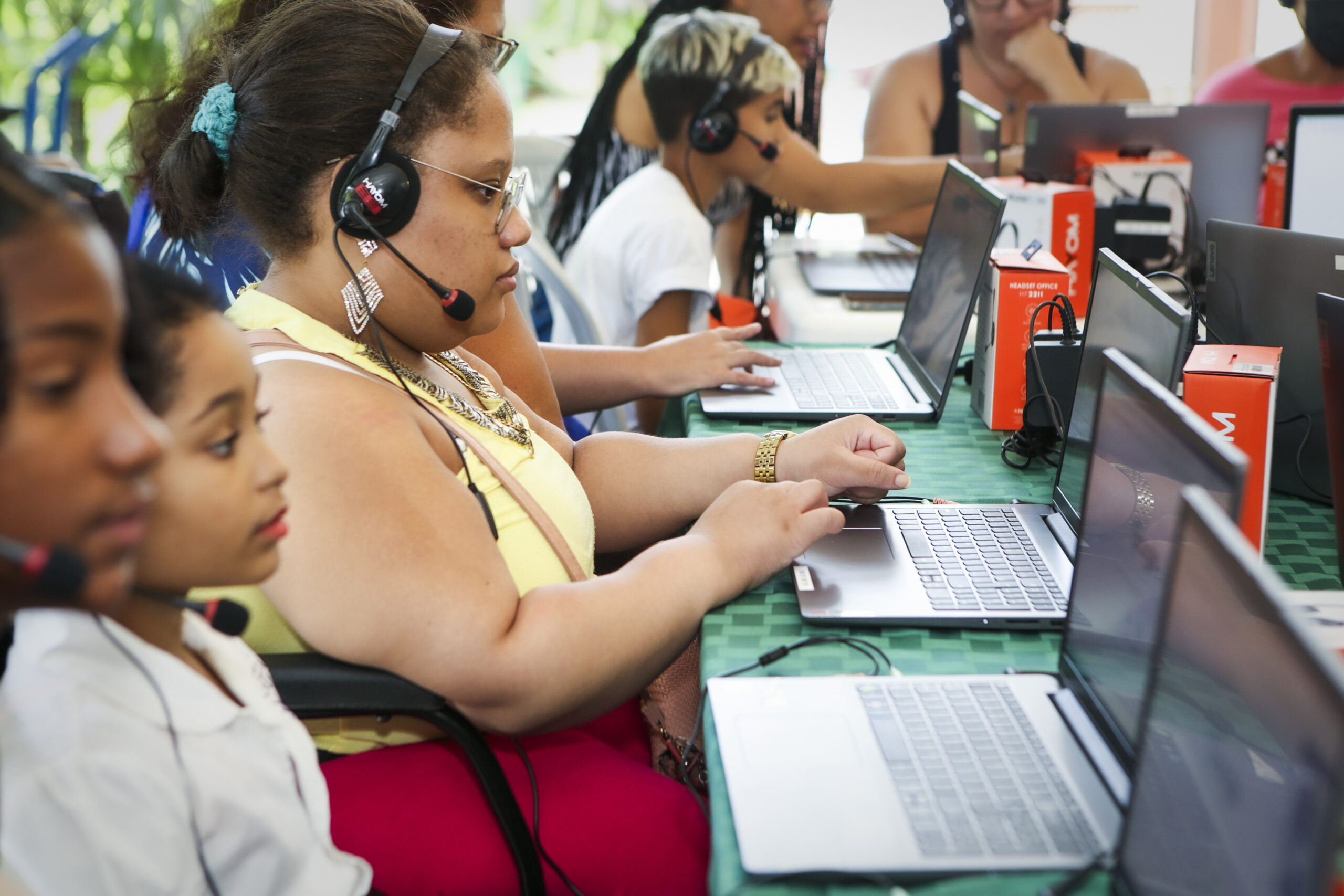
The 20th International Telecommunications Society Biennial Conference (ITS 2014), held in Rio de Janeiro, ended on December 3rd with plenary sessions on policies of the internet in Latin America. The discussion was attended by Igor de Freitas, of the Board of Directors of Anatel; Ronaldo Lemos, professor at the Getulio Vargas Foundation; James Alleman, of the University of Colorado; Amadeu Castro, of the GSMA (Groupe Speciale Mobile Association); Andrea Renda, of the Guido Carli Libera Università Internazionale degli Studi Sociali (LUISS); Adolfo Lima, of the Chilean telecommunications regulatory agency; and Daniel Fink, of ICANN (the Internet Corporation for Assigned Names and Numbers).
Igor de Freitas talked about the recent restructuring of Anatel and its role as a regulator for the internet, noting that one of the main challenges is to understand consumer behavior. Adolfo Lima drew a parallel with the regulation in Chile, saying that 66% of Chileans use internet. Amadeu Castro recalled that governments have been considering internet access a fundamental right. “Governments must launch applications that solve people’s lives, because only then there will be inclusion,” he argued.
James Alleman said that the internet is an area with many changes, and very quick changes, making it difficult to control. In turn, Ronaldo Lemos recalled important events of 2014, such as the approval of the Brazilian Civil Rights Framework for Internet Use, in April, emphasizing that other discussions are still ongoing – linked, for example, to net neutrality and the so-called “internet of things”.
Then, in the ITS 2014 closing session, the experts stated that the most pressing issues in the industry for the coming years will be related to big data, power distribution, privacy and infrastructure, among others. The next biennial conference of the ITS will be held in Taiwan in July 2016.






































































































